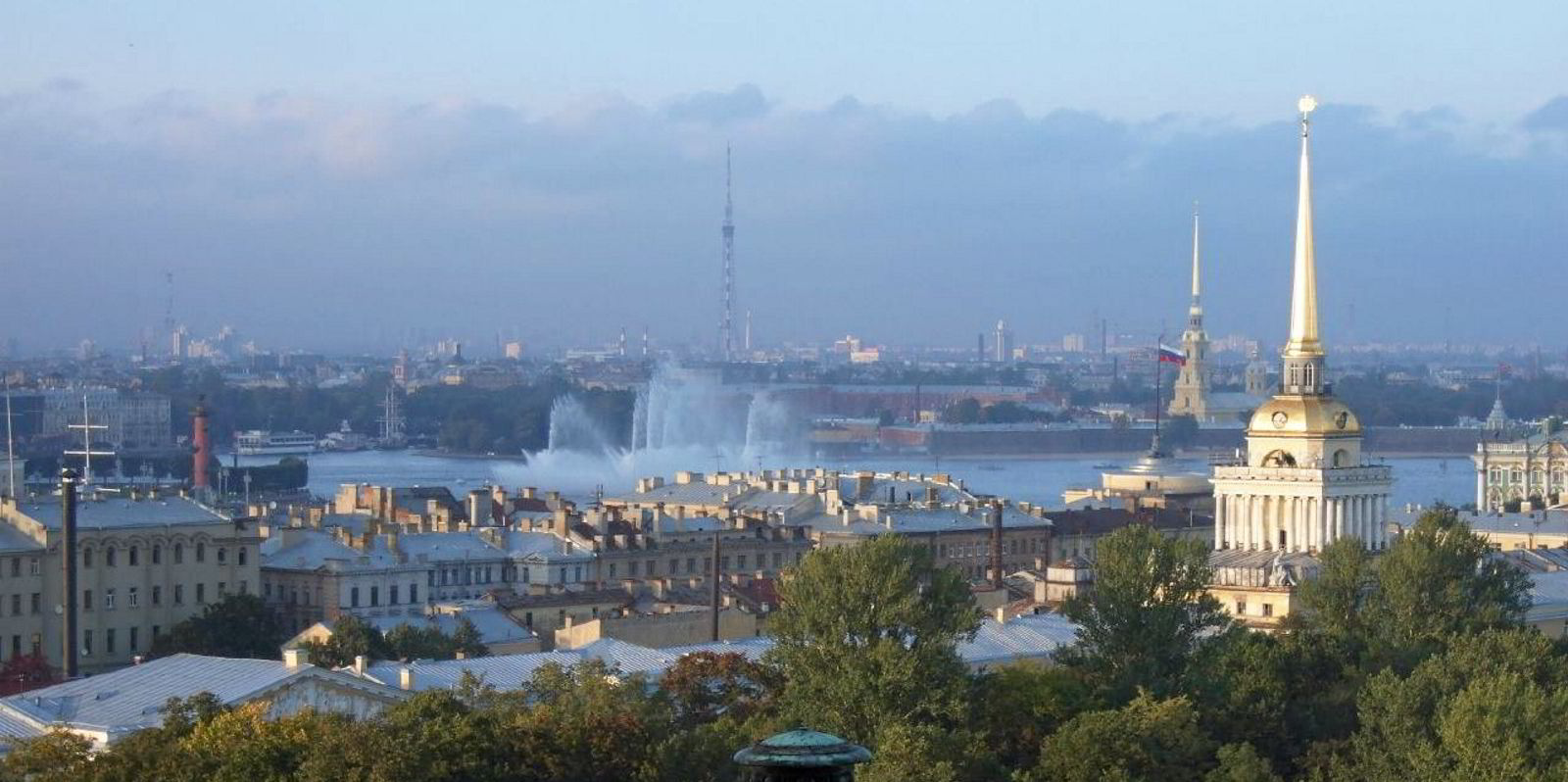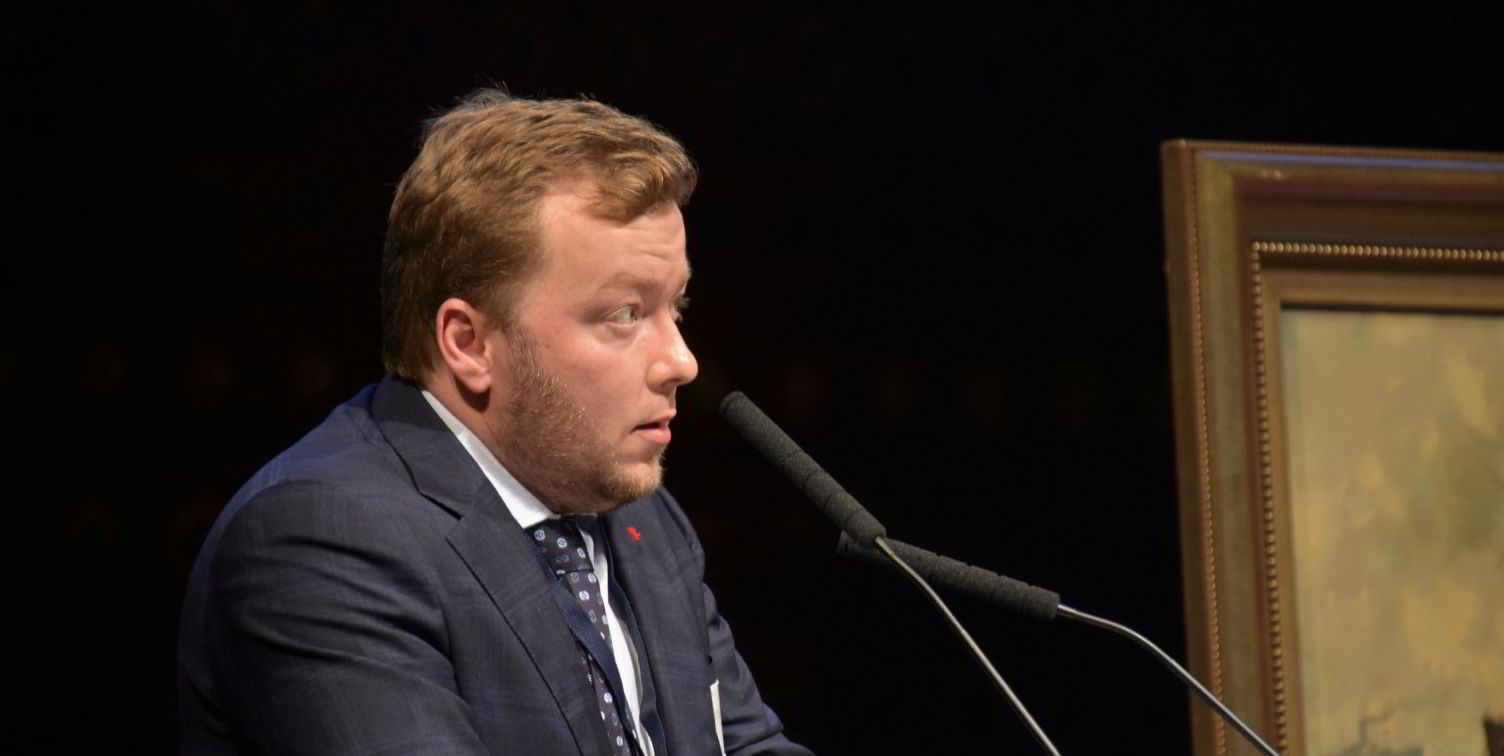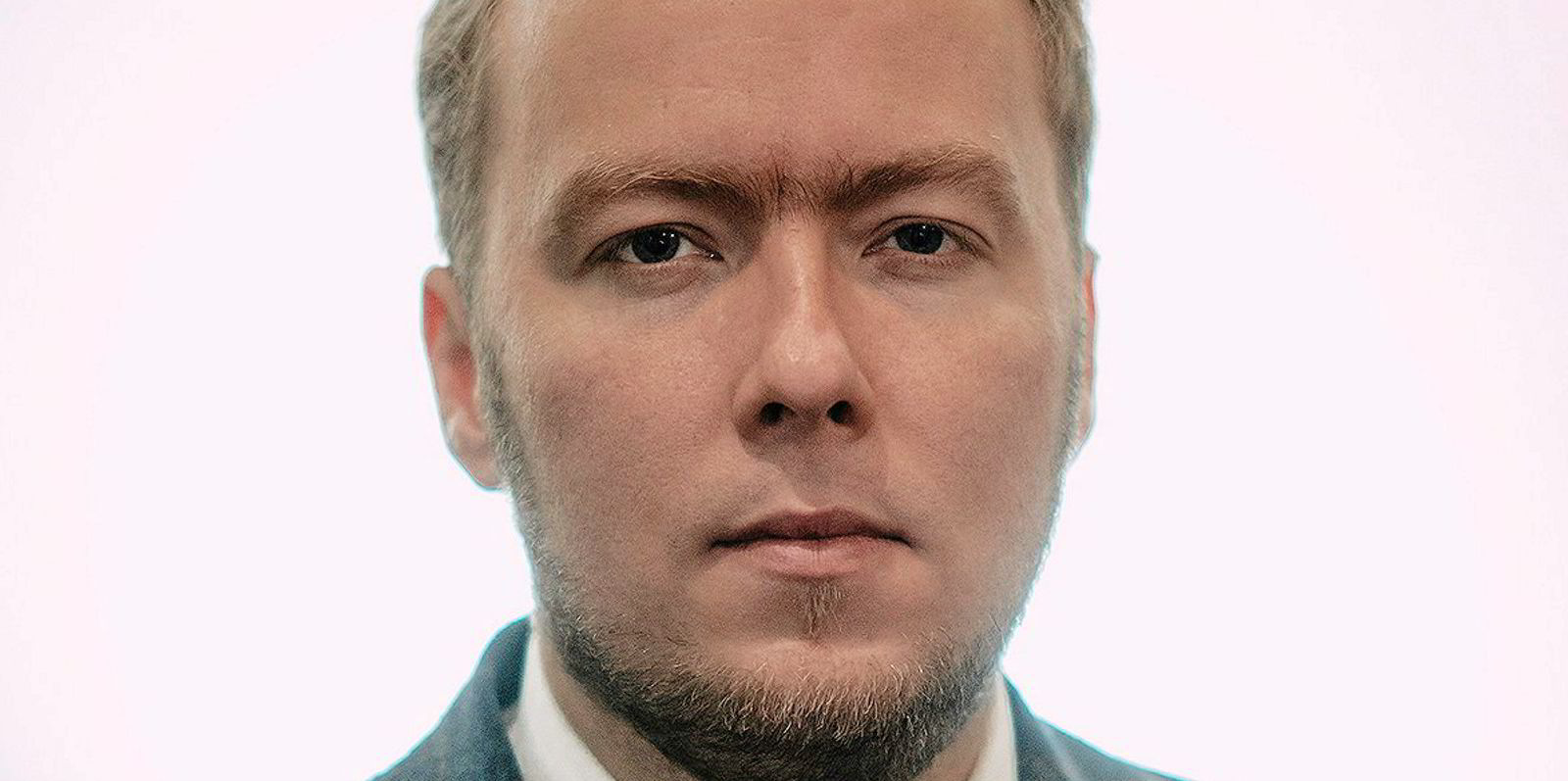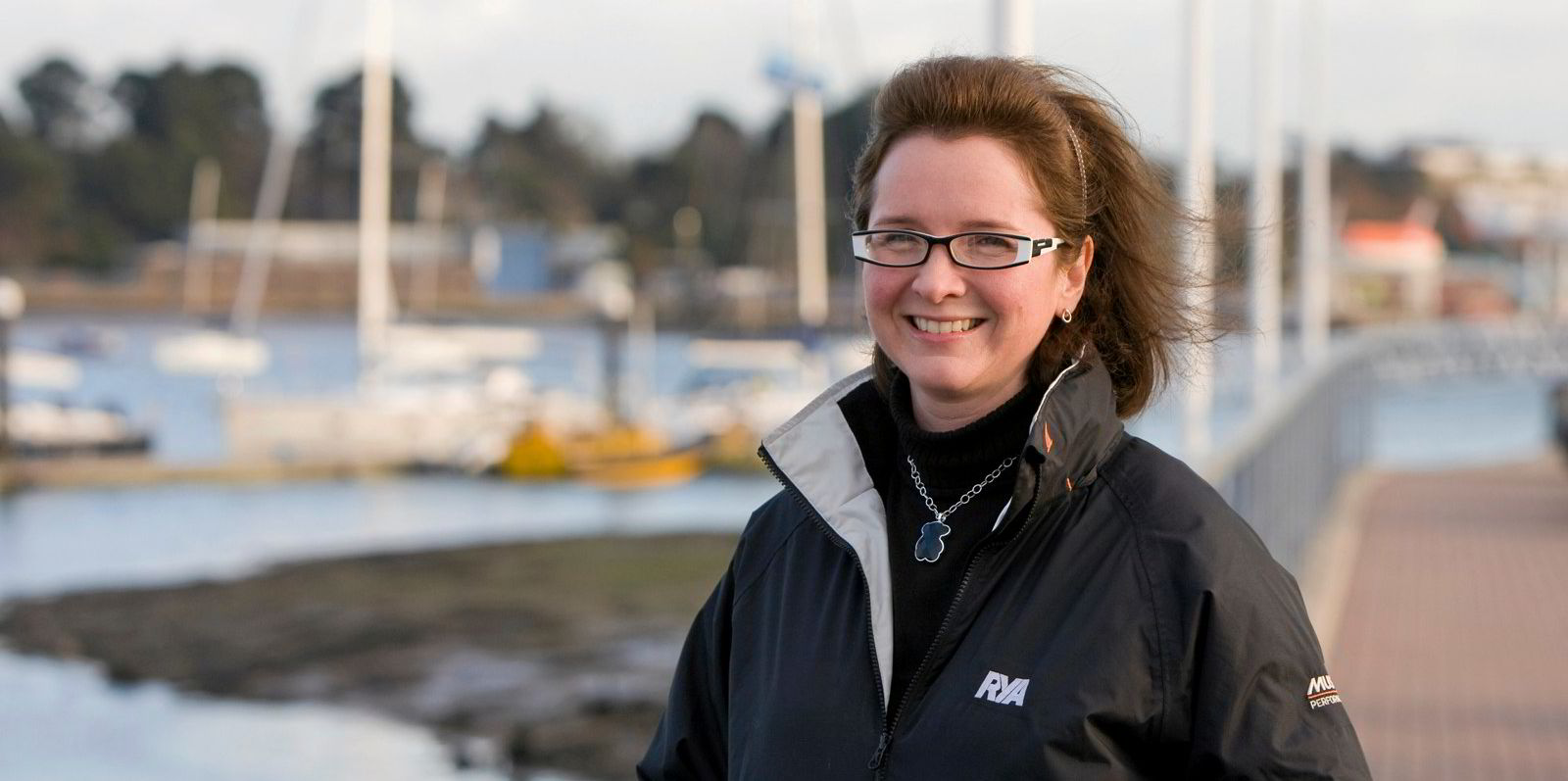Foreign shipping companies can still go to court in Russia and win, even against state entities.
So believes Konstantin Krasnokutskiy, who at 38 is a leading figure in Russian maritime law.
“Russia is developing towards becoming North Korea, but it is not there yet,” he told TradeWinds, and went on to sketch the situation that a critical Russian lawyer now faces in public and business life.
He was speaking after addressing last month’s Antwerp meeting of the Comite Maritime International (CMI) on the subject of counter-sanctions that Moscow has imposed in response to Western sanctions over the war.
Krasnokutskiy — grandson of two sea captains and son of former Sovcomflot (SCF Group) executive Igor Krasnokutskiy — was one of many Russians who fled the country immediately after Vladimir Putin’s September call-up of 300,000 reservists for the war in Ukraine. He and other family members made the move just ahead of measures to block men of fighting age from leaving.
Now in exile in Greece, Krasnokutskiy still heads St Petersburg’s nine-member Navicus law firm as managing partner. He also continues to serve as president of the Russian Maritime Law Association (Rumla), which has spoken publicly against the invasion of Ukraine.
TradeWinds previously reported that Rumla is recognised by the CMI as the successor of an older Russian professional body, and that it has been openly critical of the invasion.
But Krasnokutskiy said Rumla is not experiencing repercussions for its stand, and Navicus has not come under pressure despite two lawyers’ choice of exile.
And his foreign clients can still win a case in a Russian court if obvious state interests are not too directly involved.
“It is still possible to get some justice, but it requires more effort than before,” he said. “The general trend is for the judge to be protective of Russian claimants.”
He underscored that cases between Russian and Ukrainian interests are going to be decided on a nationalistic basis, whether in Russian or Ukrainian courts.
But he cited one of his own cases to show that the commercial courts that have maritime jurisdiction are not a rubber-stamp for state interests.
“In September, we won a case against the Port of St Petersburg, a bunker spill case in which the port’s claim for pollution clean-up costs was exaggerated,” he told TradeWinds.
He would not name the clients involved, a Greek shipowner and a foreign protection and indemnity club. The owner had settled on the actual costs at the time of the spill in 2019, but the port followed up with a claim of RUB 100m ($1.63m), which the judge dismissed in the recent decision.
Challenged, not hunted
Krasnokutskiy’s personal situation and that of the Navicus firm are challenging, but he does not feel hunted.
“The government is not chasing down private companies,” he said. “It is chasing the employees of state-owned companies and of companies with a state interest, telling them they cannot work remotely, and if they work remotely, they’re fired.”

In some sectors, the government may have already seen that its heavy-handed approach to human resources has backfired.
“A lot of IT specialists left Russia, so the government has announced special measures exempting them from military service, provided they have a specific diploma and work for a specific company,” he said.
“Has there been coercion on our company? No. We don’t experience pressure from the government.”
Having its managing partner and another lawyer out of the country creates complications, but the firm can overcome these, for example by sending women lawyers or senior men — ie, not men of fighting age — to make appearances in court.
“Covid has taught everyone how to work remotely, and we make good use of the IT solutions that have been developed,” he added.
Navicus is basically serving the same client mix as ever: “We had over 80% foreign clients before the war including foreign companies and International Group of P&I Clubs, and the rest domestic. Now maybe it’s more like 70% foreign clients.”
Nor has the Rumla anti-war stance brought adverse consequences.
“There are so many Russians against this war, so many who have publicly criticised it,” he said.
“Hundreds of thousands criticise, and only thousands are tried and convicted. It’s a lottery, and so far we have gone totally unnoticed by the Russian government. Rumla is not something of which the government takes notice.”






